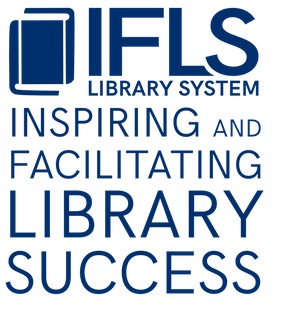Those of you who have been part of the Wisconsin library scene for a while probably already know about the Wild Wisconsin Winter Web Conference, and you’ll be glad to know that there is a great line-up of 14 webinars for the 2019 Conference. If you are new to the scene, welcome! Hopefully you will find this web conference a great way to get some practical, relevant, and inspiring professional development without having to brave icy roads or temperatures!
All sessions will be recorded, and this year we are going to caption the recordings to make them even more accessible.
This year there are 3 sessions in the Youth Services Track on Wednesday, January 23. I’m excited about all three of them, and hope you will be, too.
10:30 am: 60 Teen Programs in 60 Minutes with Linda Jerome, LaCrosse Public Library
Are you always on the lookout for teen programs for your library? We will explore 60 successful teen programs that range from passive to massive, crafty to techy and silly to serious. Register here.
1:00 pm: What Makes a Great Children’s Librarian? with Marge Loch-Wouters, Loch-Works Consulting
You know them, you’ve seen them, you may even be one! But what factors contribute to making someone a great children’s librarian? You may be surprised at both the universality of the answer as well as the specialized skills and talents that separate the ho-hum from the wowsers! We’ll look at nature vs. nurture; perception vs. reality; what top children’s librarians say are the “must-haves” and the “definitely-don’t-needs;” and reflect on getting to greatness. Learn how you can step up your game at any time or place in your career (or, if you are a director, how to coach your staff) to achieve amazingness in youth work. Register here.
2:30 pm: Let’s Talk About Race with Jessica Anne Bratt, Grand Rapids Public Library (Michigan)
This webinar will engage participants in thinking about their power and privilege in representing diverse viewpoints as a storytime instructor. a self-reflection of the society implications of ignoring race and race talks and how it shapes bias for the next generation. Participants begin by exploring their own storytimes and how they become more informed in encouraging caretakers to talk about race and model inclusion. Attendees will learn about microaggressions and solidarity work in how our storytime power can be used to inhibit or advance equity and social justice in the library. Register here.

